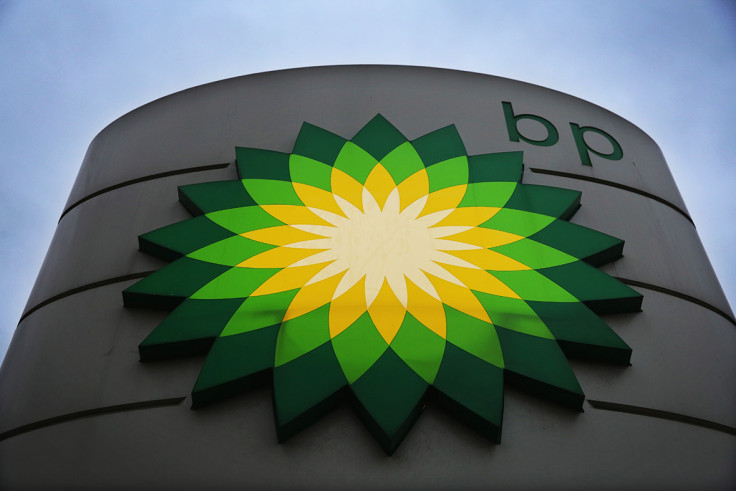BP's annual profit halves as slump in crude prices and impairment charges take their toll

BP reported a sharp decline in underlying operating profit for the full year and for the fourth quarter, as impairment costs related to its upstream assets and the ongoing slump in crude prices hit the oil giant.
Oil prices have fallen by a quarter since the start of the year and have fallen 75% over the past 18 months amid growing concerns over a slowdown in the Chinese economy and concerns over a global oversupply, which has been exacerbated by Iran's return to the global scene.
In 2015, annual profit fell 51% year-on-year to $5.9bn (£4.1bn), while underlying operating cash flow plunged 38% compared with the corresponding period a year earlier to $32.8bn. On a quarterly basis, the group saw its underlying profit tumble from $2.2bn to $196m and it posted a $2.2bn operating loss after booking $2.6bn in non-operating post-tax charges in the period, primarily related to impairments of upstream assets as well as restructuring charges.
BP said it has taken around $1.5bn in restructuring charges over the past five quarters and expects the total to approach $2.5bn by the end of 2016, adding it forecast to reduce the number of staff and contractor roles in the upstream segment by around 4,000 during 2016 and by up to 3,000 from the downstream by the end of 2017.
"We're making good progress in managing and lowering our costs and capital spending, while maintaining safe and reliable operations and continuing disciplined investment into the future of our portfolio," said group chief executive Bob Dudley.
"Our plans set out a clear course for BP for the medium term and will allow us to deliver growth in the longer term.
In January 2016, Dudley warned the current crisis in oil prices was as bad as the one the market experienced in 1985 and 1986, when crude prices capped a six year-long struggle by falling as low as $7 per barrel and Brian Gilvary, the group chief financial officer, said the oil giant was bracing itself for a worst case scenario.
"Should current conditions persist for longer than anticipated, we expect that all the actions we are taking will capture more deflation and so drive the point at which we balance our organic sources and uses of cash lower than the $60 per barrel that we indicated at last quarter's results," he said.
The FTSE 100 company added it had taken a $443m charge related to the Gulf of Mexico oil spill in the quarter, which mainly reflected additional business economic loss claims and brought the total pre-tax cost for the incident to $55.5bn.
© Copyright IBTimes 2025. All rights reserved.






















